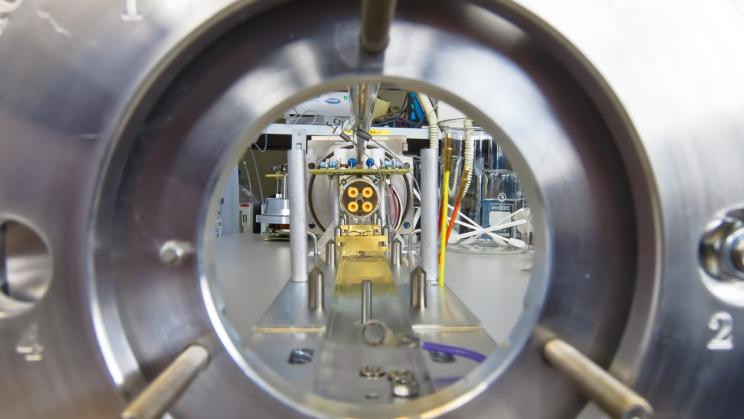Nuclear security
Nuclear security constitutes defence against nuclear and radiological terrorism. It refers to the legal, institutional and political measures designed to prevent, detect and respond to the theft of nuclear and other radioactive materials or weapons, and their illicit transfer or use by non-state actors, as well as attacks on nuclear facilities.
Many nuclear security efforts focus on preventing the illicit trafficking of nuclear or other radioactive materials. In the 1990s, the surge in such ‘nuclear smuggling’ in Europe gave rise to nuclear forensics—a discipline that seeks to identify the origin and history of nuclear or other radioactive materials. Nuclear forensics can provide evidence for investigations and prosecutions related to nuclear smuggling and nuclear terrorism.
In addition to an established track record in research on nuclear forensics, SIPRI has a long tradition of conducting research on nuclear security issues, with a special focus on countries of the former Union of Soviet Socialist Republics, South Eastern Europe and the Black Sea region. SIPRI has assisted the European Union and several governments in implementing their nuclear security projects, and the International Atomic Energy Agency (IAEA) in developing and strengthening nuclear forensics guidance documents. SIPRI also publishes a quarterly newsletter the ‘ITWG Nuclear Forensics Update’ on behalf of the Nuclear Forensics Technical Working Group (ITWG).
